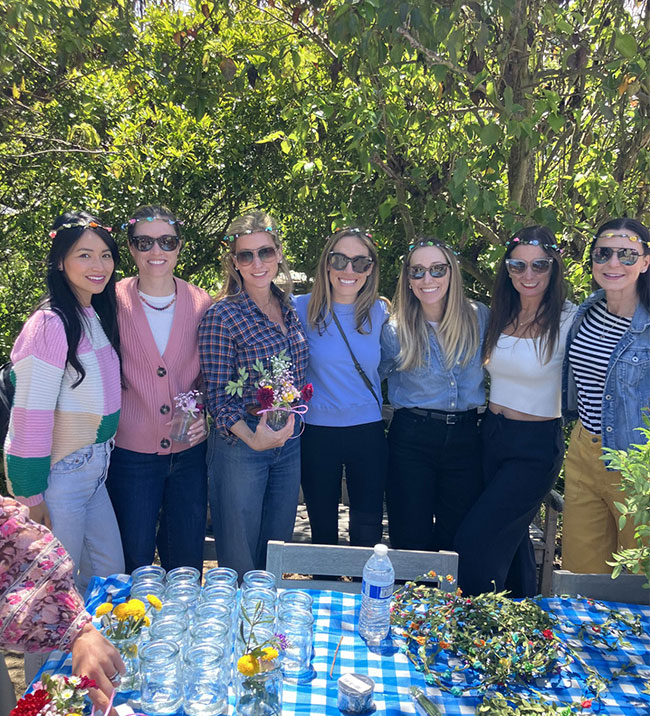Get Involved
Supporting Youth Mental Healthcare
Ways to Give
If you’re passionate about youth mental healthcare and want to make a difference, there are many ways to get involved.
I want to learn about giving to Edgewood.
We will get back to you as soon as we can.
Volunteer
Make an impact today.
I want to learn about volunteering.
We will get back to you as soon as we can.
I want to learn about the auxiliary.
We will get back to you as soon as we can.
I want to learn about Corporate Impact.
We will get back to you as soon as we can.
Events
Find out about upcoming events at Edgewood.
Edgewood Fair
The 60th Edgewood Fair will take place on Friday, March 6, 2026.
Learn more about the event and sponsorship opportunities.
Edgewood Open
The 3rd Edgewood Open Pickleball Tournament raises funds for Edgewood programs. The event will be happening in the fall of 2025.
Watch for details coming soon!

Explore the Place to Begin Campaign
Join us in our vision to expand access to mental healthcare for youth and their families.

The Grace Magill Fund
The Grace Magill Fund was established by Anne and Jim Magill in memory of their daughter Grace, who died by suicide at age 15. What began as a project in her name has evolved into a vital source of healing for youth in Edgewood’s Acute Intensive Services at the Vicente Street campus.
Through experiential therapies like art, dance, music, and mindfulness—activities Grace loved—the fund helps youth build resilience, express themselves, and discover strengths they didn’t know they had. At a time when teen mental health challenges are at crisis levels, especially among girls, the Grace Magill Fund plays a critical role in supporting individualized, strengths-based care for hundreds of young people each year.
Your continued support honors Grace’s legacy and ensures that youth facing overwhelming emotional challenges can find hope, connection, and healing.




